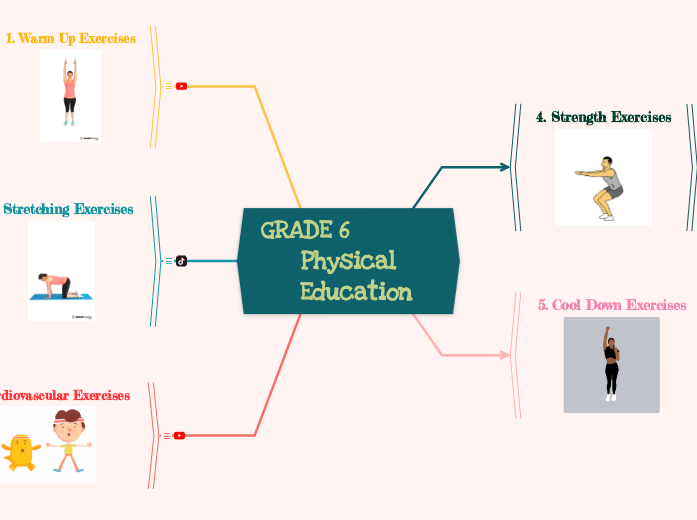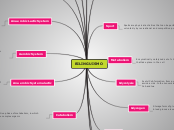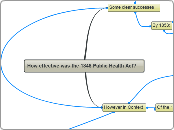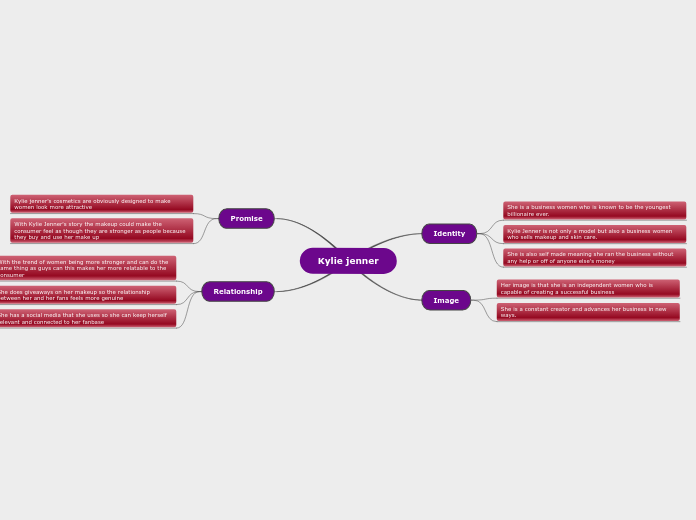GRADE 6 Physical
Education
3. Cardiovascular Exercises
Cardiovascular Exercises (10-15 minutes)
Cardiovascular exercise increases heart rate, breathing, oxygen, and blood flow through muscle groups, improving heart, lungs, and circulatory system function. It benefits health facets like heart health, mental health, mood, sleep, weight management, and metabolism.
Benefits of cardiovascular:
1) improved heart health
2) enhanced brain health
3) increased metabolic rate
4) improved mood and energy
5) stronger immune system
6) weight regulation
Hopscotch
Jumping Jacks
Ski Hops
Forward Jumps
Hand Claps
Arm Circles
2. Stretching Exercises
Stretching Exercises (10-15 minutes)
Stretching is a type of physical exercise in which a specific muscle or tendon is purposefully expanded and flexed in order to increase the muscle's perceived flexibility and attain a comfortable muscle tone.
The importance of stretching:
Stretching maintains ligaments and tendons that connect muscles and bones, allowing for full range of motion. Flexibility helps prevent injuries, increases athletic performance, and promotes a healthy lifestyle.
helps to relieve stiff or tight muscles.
encourages improved posture.
Improves muscle recovery after jogging or sports, promotes blood circulation, and decreases stress.
Doorway
Down Dog
Head to Shoulder
Toe Touch
Butterfly
Cat to Camel
1. Warm Up Exercises
Warm-up Exercises (6-7 minutes)
A warm-up is a brief activity or exercise performed before a more strenuous exercise or activity.
A warm-up is designed to prepare the body for movement, such as exercise, athletics, dance, and stretching.
The importance of warming up:
1) Prepares muscles for workout
Increase blood flow to the workout muscle groups.
Delivers oxygen to the exercising muscle groups.
2) Increases body temperature.
Lowers the chance of muscle injury.
3) It prepares the cardiovascular system for physical exercise.
It gives the heart and blood vessels time to adapt to the increased demand for blood and oxygen.
4) Dynamic stretches are extremely crucial for warming up.
High Knee Jacks
Body Extensions
Side Bends
The Windmill
Hip Swirls
Arm Crossovers
5. Cool Down Exercises
Cool Down Exercises (6-7 minutes)
A cooldown prepares muscles for rest by reducing blood and oxygen supply, lowering body temperature, minimising injury risk, and allowing the heart and blood arteries to acclimate to reduced demand.
A post-exercise cool-down is an essential component of any comprehensive fitness practice. It specifically aids in:
• Lowering your heart rate gradually
• Improving flexibility
• Lowering the danger of injury
• Lowering the likelihood of developing DOMS
• Relieving stress
• Avoiding blood pooling
Upper Body Rotating
Back Kicks
Front Kicks
Arm Circles
Shoulder Rolling
Hand Rolling
4. Strength Exercises
Strength Exercises (10-15 minutes)
A strength exercise is any activity that causes your muscles to work harder than normal. This improves your muscle strength, size, power, and endurance. The activities include using your body weight or working against resistance.
Strength training may improve your quality of life and ability to do daily activities. Strength training can also help protect your joints from injury. Building muscle can also help you maintain better balance and lower your chance of falling. This can help you keep your freedom as you age.
Het
Plank
Tabletop Hip Circle
Push ups
Forward Lunges
Over and Backs
Squats









